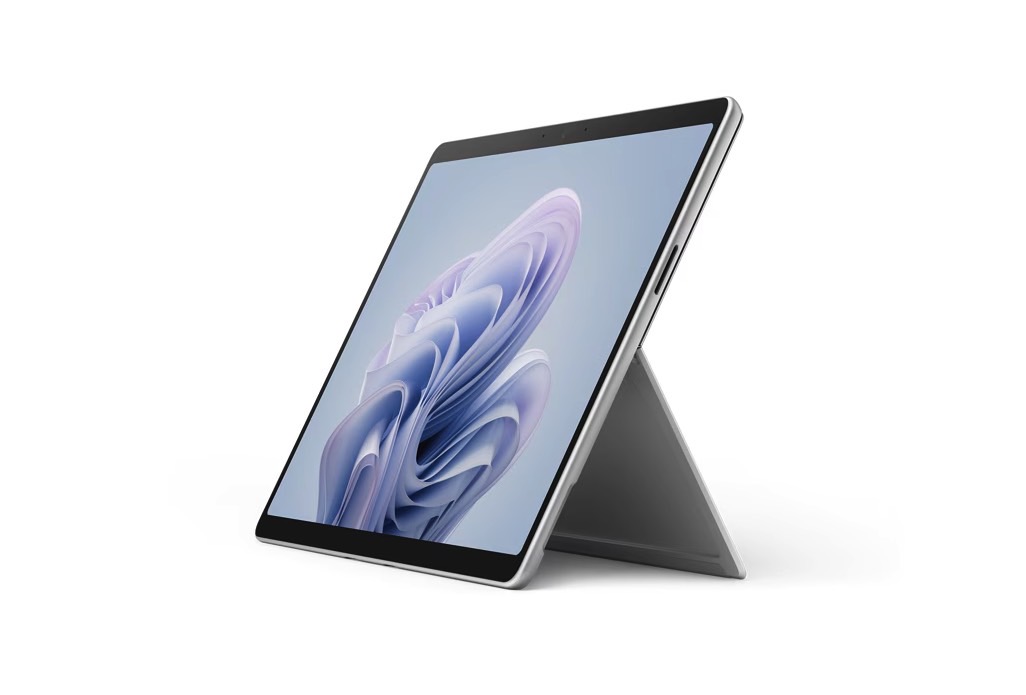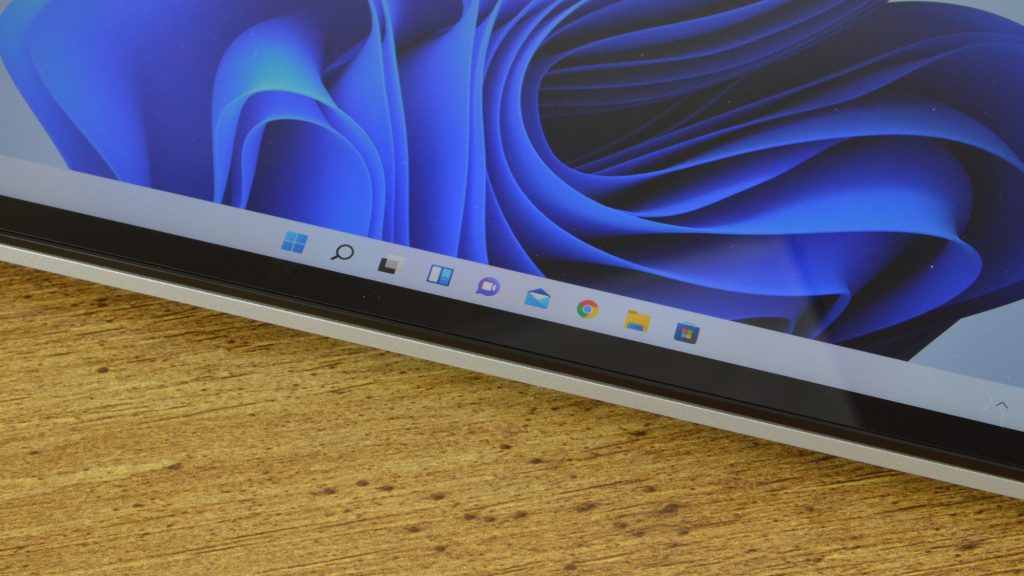I’m a longtime iPhone and Mac user who isn’t likely to switch to a new ecosystem anytime soon. It’s not just about iOS or macOS. It’s about having these devices work together to support my computing needs. And performance plays a key role as well.
That’s why I’m excited to hear rumors that the Snapdragon 8 Gen 4 might beat the iPhone 16 Pro’s A18 Pro performance and that Microsoft believes its next-gen Windows on Arm AI PCs running on Qualcomm’s Snapdragon X Elite platform will outperform the M3 MacBooks that Apple just launched.
This type of competition will not benefit me immediately. But any pressure on Apple in the chip department, particularly as on-device AI becomes a thing, will ultimately lead to faster, better-optimized A-series and M-series chips.
Think about it; it’s 2024, and I have no problem recommending the 2020 M1 MacBook Air to people looking for a brand-new computer, especially considering that Walmart is still stocking the old laptop for an incredibly low price. Name any other 2020 Windows PC worth buying today. I’ll wait.
Tech. Entertainment. Science. Your inbox.
Sign up for the most interesting tech & entertainment news out there.
By signing up, I agree to the Terms of Use and have reviewed the Privacy Notice.
What I’m getting at is that we’re used to seeing Apple deliver great custom chips for its devices. They power the iPhone, iPad, Mac, Apple Watch, and AirPods. And when it comes to A-series and M-series chips, the alternatives from Qualcomm, Intel, and AMD are yet to beat Apple.
Remember how scared Intel was of the M1 Macs in 2020 and 2021? They knew Apple’s laptops could deliver on performance and battery life, unlike other Windows PCs released that year.
If Microsoft’s purported claims about 2024 Windows on Arm PCs are accurate, Intel has another reason to worry: Qualcomm’s Snapdragon X Elite platform. According to The Verge, Microsoft will unveil its new AI PCs next month, powered by the latest Snapdragon X Elite chips.
 Microsoft’s Intel-based Surface Pro 10 tablet/laptop. Image source: Microsoft
Microsoft’s Intel-based Surface Pro 10 tablet/laptop. Image source: Microsoft
Microsoft will reportedly have demos ready showing that the new Snapdragon chip for PCs can beat Apple’s M3 MacBook Air. If this report is accurate, the X Elite should outperform Apple in CPU and AI-accelerated tasks.
Moreover, the Snapdragon X Elite chip will also excell at app emulation. Internal documents the blog has seen indicate that Microsoft will say the Windows AI PCs will have “faster app emulation than Rosetta 2.” That’s what Apple uses on its M-series Macs to run apps made for 64-bit Intel chips.
Furthermore, Microsoft will equip versions of the Surface Pro 10 and Surface Laptop 6 with the Snapdragon X Elite chips. These will target consumers, while the Intel Core Ultra versions of the laptops that have already launched are more business-oriented. The software giant will sell these devices as “next-gen AI Copilot PCs.”
The focus on AI isn’t surprising, considering Microsoft’s big push on Copilot. I will say that the Snapdragon X Elite was part of Qualcomm’s big AI announcements at MWC 2024, with a focus on on-device AI processing.
With all that in mind, these Microsoft laptops sound exciting, even if I prefer the Mac to Windows. I’m sure Apple will be watching. Whether the Snapdragon X Elite performance claims are accurate, Apple will surely work on delivering better M-series chips in the coming years. But it’ll help if the competition matches and outdos the current M3 chips.
The Verge also offers a few examples of new Copilot features coming to Windows on Arm PCs. One is an AI Explorer feature that will “retrieve anything you’ve ever seen or done on your device.” That’s certainly a bold claim and a potentially exciting feature.
Additionally, Microsoft wants to improve video streaming on Arm PCs with AI. The computers will also let users generate images with AI models for free. Copilot will get a feature that allows access to the context of your PC to improve prompts and answers.
Microsoft will announce the new Windows on Arm Surface laptops on May 20th, at which point we’ll know exactly what the company feels about competing with Apple’s M3 MacBooks.

